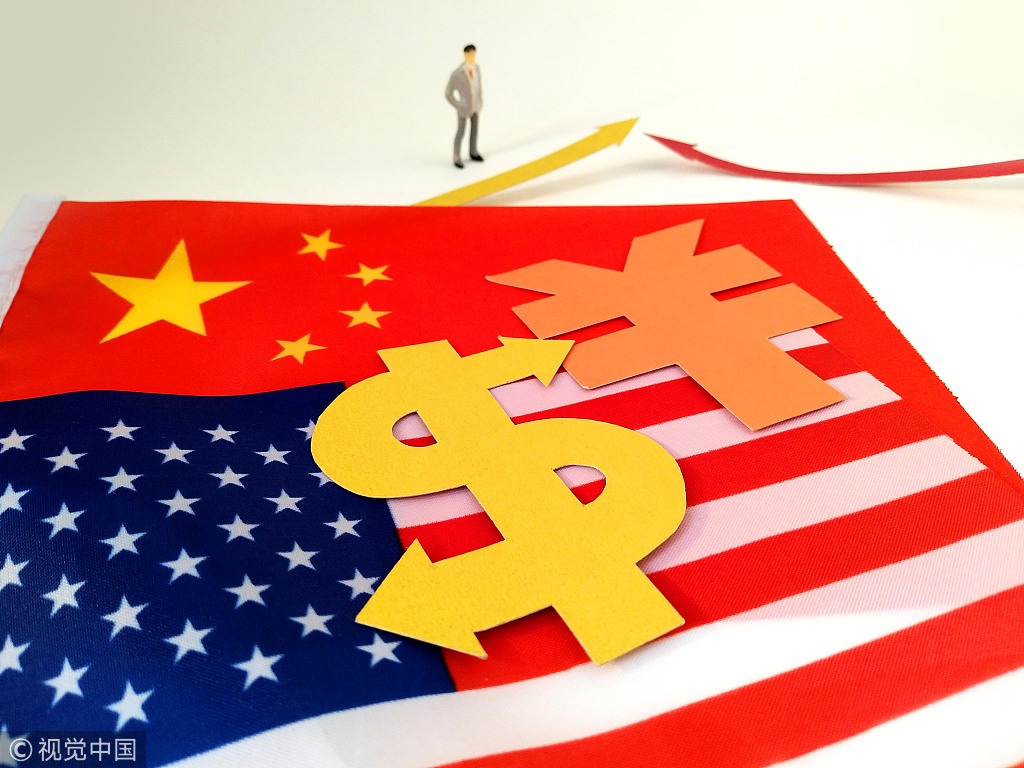Nation looks to capitalize on year of vital anniversaries


The first six months of this year have been distressful for the world with the Donald Trump administration hellbent on instigating a trade war, especially against China, and destroying the multilateral trading system.
In contrast to the United States' measures, which are isolating it from the international community, other important economies such as China and the European Union have been making sincere efforts to save the global trading system from being subverted by protectionist forces.
The next six months would be critical for the global economy, and economies across the world have to make concerted efforts to neutralize the negative forces, led by the US. Global leaders have to infuse positive energy into world trade, by exchanging ideas and making coordinated moves to reach a consensus on how to not only manage international relations but also make it fairer.
In the next six months, the world will have several occasions to reflect on the triumphs and failures of international relations and the positive role China has been playing to safeguard the world order. For example, in November, Europe will mark the 100th anniversary of the end of World War I (1914-18), which prompted the world to think about building a fair international order.
In September, the world should reflect on what went wrong 10 years ago with Lehman Brothers, whose collapse triggered the global financial crisis, and draw lessons from the failings of Wall Street.
And in December, the leading advanced and emerging economies will hold the G20 Summit in Argentina, the first in Latin America. One hopes they discuss why the global leaders initially didn't take the global financial crisis seriously and reached a consensus to oppose trade protectionism in all its forms. Had they done that, the world would not be in a political and economic mess that we see it in today.
For China, this year marks quite a few important anniversaries.
Aug 8 will mark the 10th anniversary of the Beijing 2008 Summer Olympic Games, which provided China with a chance to present its achievements in different spheres to the international community and show it is working as a catalyst to unite the world.
In September and October in 2013, President Xi Jinping delivered two famous speeches during his visits to Asian countries, which signaled the birth of the Belt and Road Initiative that is now acting as an umbrella of China's diplomacy. The goals of promoting peace and prosperity by achieving mutually beneficial results have since become an integral part of the Belt and Road Initiative, which can be seen as an intellectual contribution of China to the world.
But the most cherished landmark for China is the 40th anniversary of reform and opening-up. The Chinese people are celebrating the anniversary because reform and opening-up have helped them to shake off poverty, land decent jobs and continuously increase their incomes. They have former leader Deng Xiaoping's vision, wisdom and pragmatism to thank for that.
The Chinese are dreaming of a much better future as China's per capita GDP of close to $9,000 shows the country is on way to becoming a truly modern economy by the middle of this century. In fact, Xi has unveiled a blueprint that projects China will become a great, modern socialist country by 2050.
But to achieve the goal, China needs a favorable external atmosphere, as interdependence is integral to globalization.
So, when Chinese leaders meet their counterparts at the BRICS Summit later this month, African leaders in September, and Asian and European leaders in October, and the world's top leaders at the APEC and G20 meetings, they will emphasize that China remains committed to promoting globalization and the multilateral trading system.
Hopefully, after six months, Sino-US trade tensions will disappear and China will be closer to achieving its goals.
The author is deputy chief of China Daily European Bureau.


































